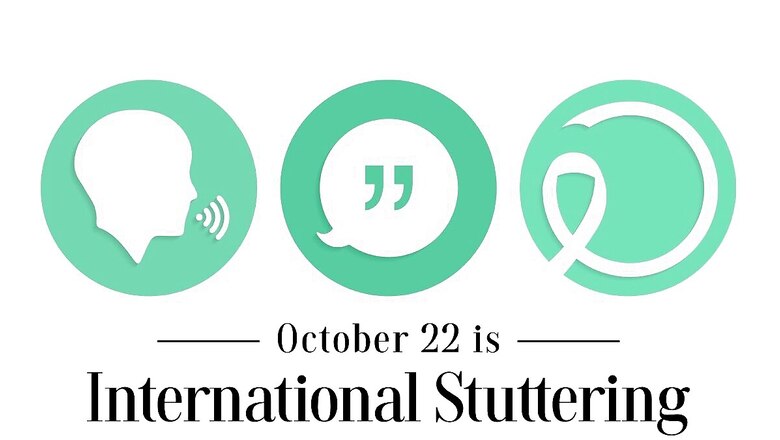
views
INTERNATIONAL STUTTERING AWARENESS DAY 2023: October 22 marks the observance of International Stuttering Awareness Day (ISAD), a global initiative dedicated to raising awareness about stuttering, also known as stammering, and promoting understanding and support for individuals living with this speech disorder. The day serves as a platform to shed light on the challenges faced by people who stutter and encourages societies worldwide to be more inclusive and empathetic.
International Stuttering Awareness Day: History
The origins of International Stuttering Awareness Day can be traced back to 1995 when the International Stuttering Association (ISA) recognised the need for a dedicated awareness day. In 1997, during the International Fluency Association (IFA) conference, Michael Sugarman, the co-founder of the National Stuttering Project, advocated for international awareness.
His call found resonance in 1998 when the European League of Stuttering Associations, International Fluency Association and ISA collectively declared October 22 as Stuttering Awareness Day.
International Stuttering Awareness Day: Significance
Stuttering affects over seven crore people globally. For a long time, people who stutter were mistreated due to a lack of understanding about the disorder. In 19th-century Europe, surgeries like cutting the tongue or shortening the uvula were performed, but these were later abandoned due to severe complications. Stuttering is now recognised as a neurological disorder, either developmental or acquired in adulthood due to trauma or drug abuse. Despite this knowledge, there are still stigmas around stuttering.
On International Stuttering Awareness Day, it’s important to educate yourself about the condition and acknowledge the significant contributions made by people who stutter in various fields like science, politics, philosophy, art, cinema, and music.
Signs of Stuttering
Stuttering manifests in a variety of ways, including difficulty initiating words or phrases, repetition of sounds or words, prolonged words, and facial tics. It often worsens in stressful situations or while speaking in groups. Interestingly, many people who stutter can speak fluently when talking to themselves or when singing.
How Do We Support Those Who Stutter?
Supporting someone with a stutter requires patience and understanding. Allowing them to speak at their own pace and refraining from finishing their sentences is essential. Long-term support plays a pivotal role in helping individuals manage their stuttering and contributes positively to their overall well-being.




















Comments
0 comment